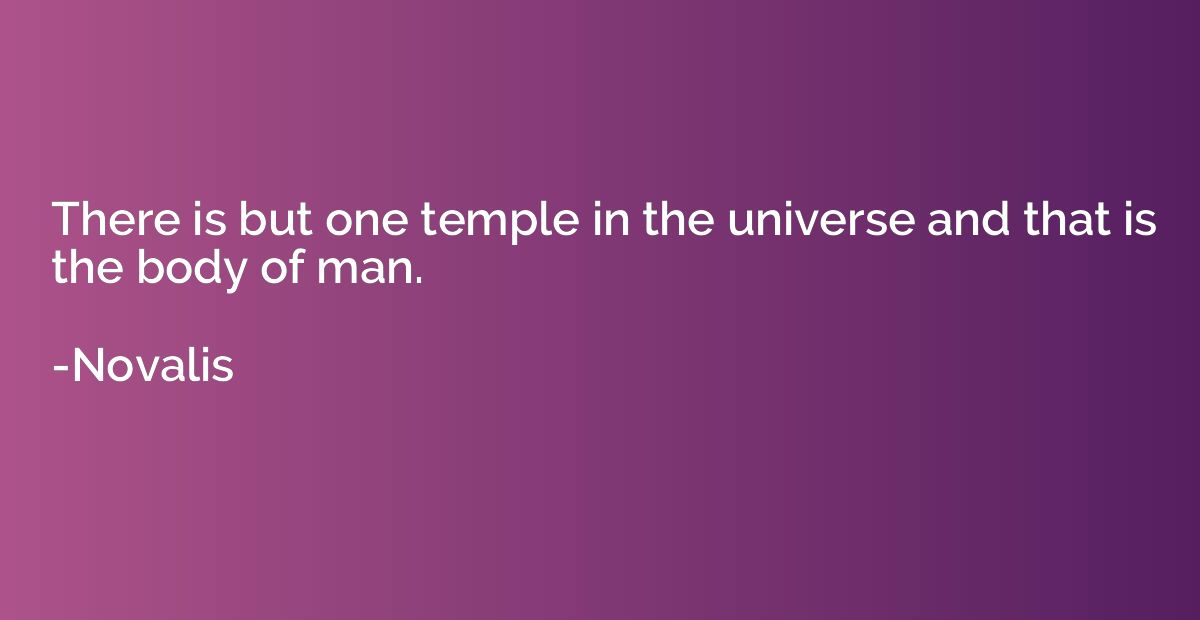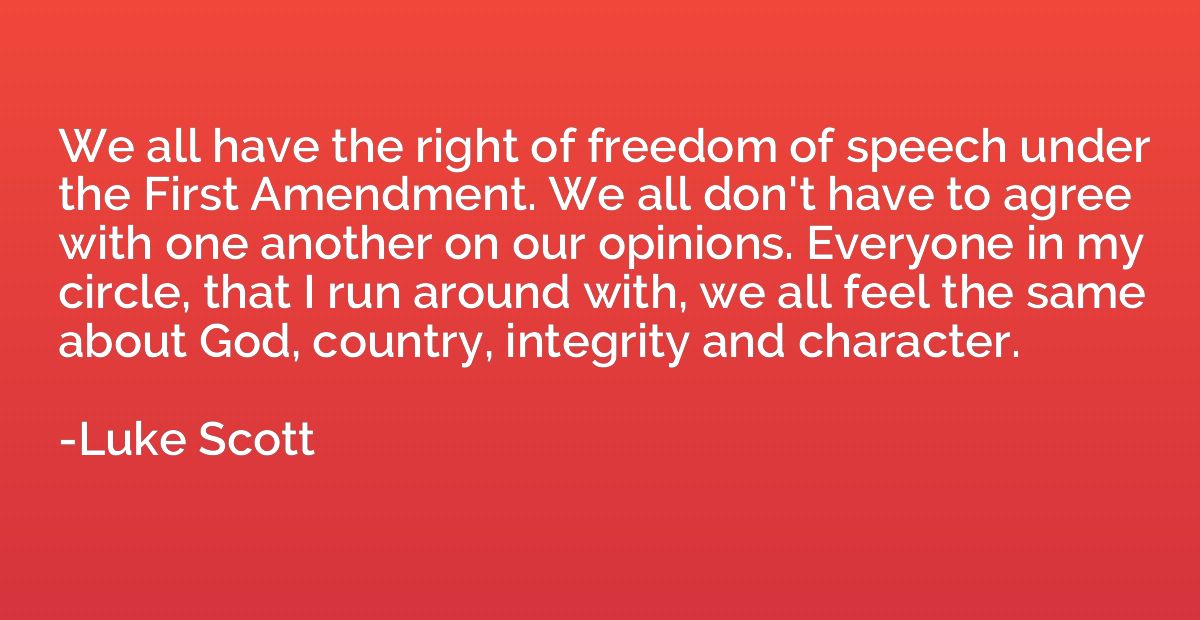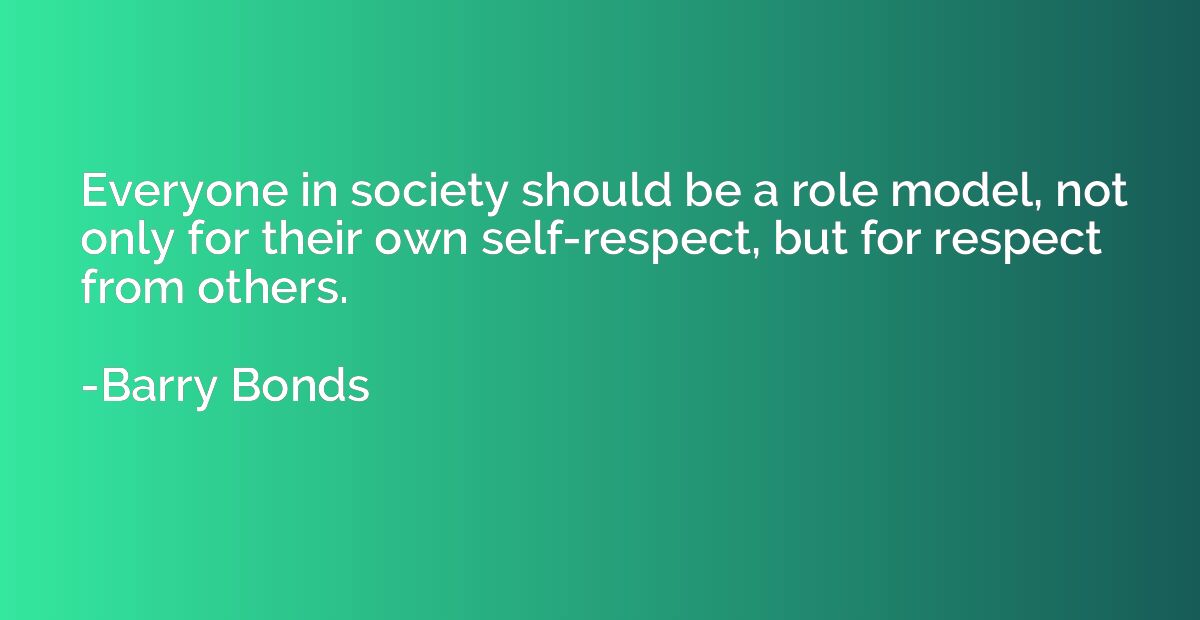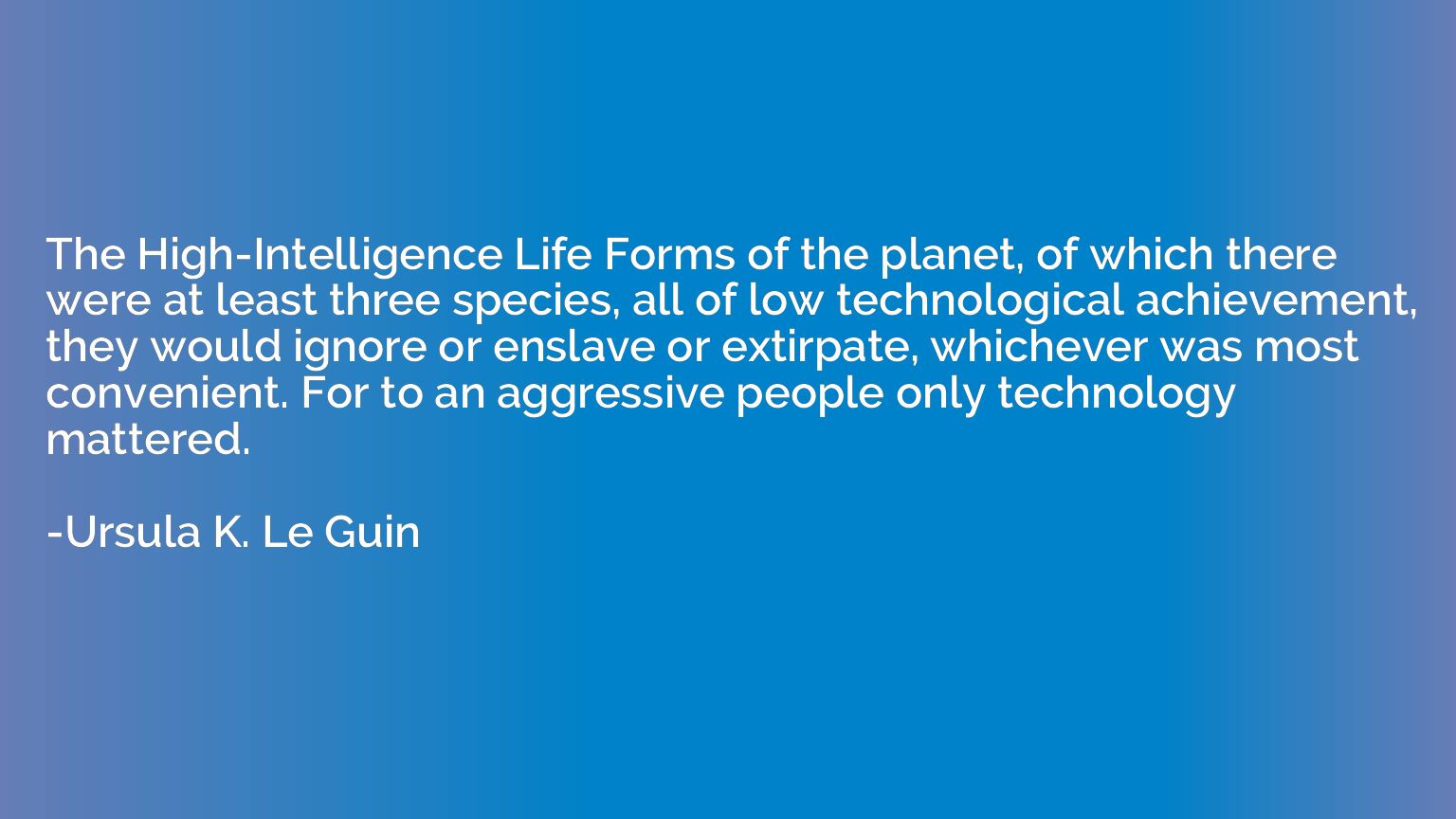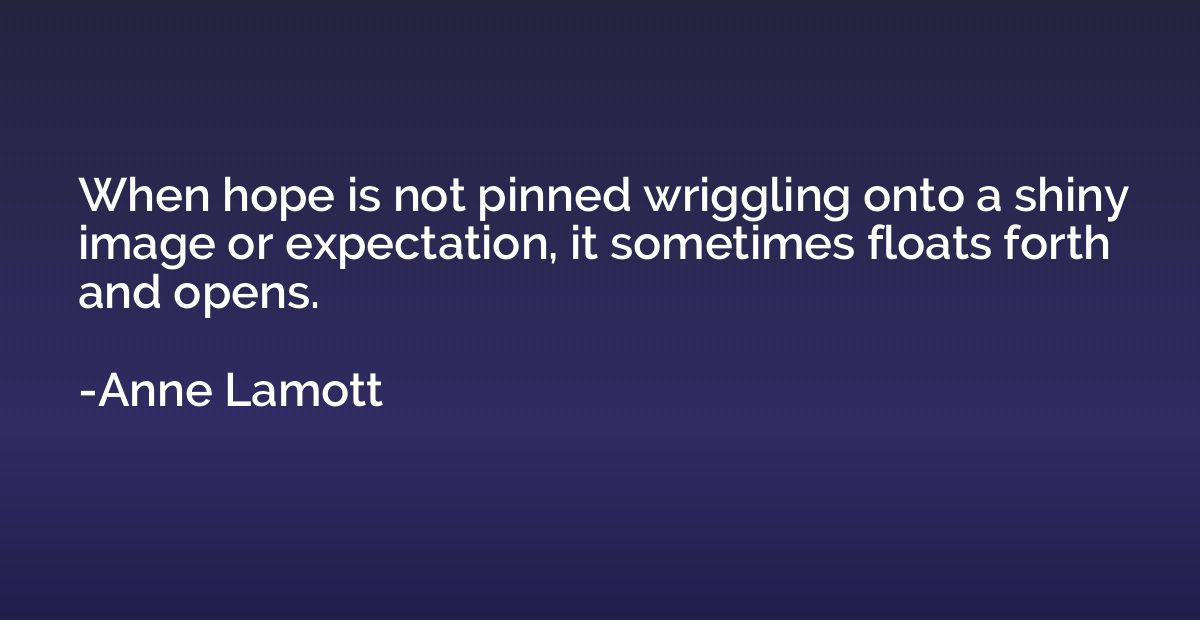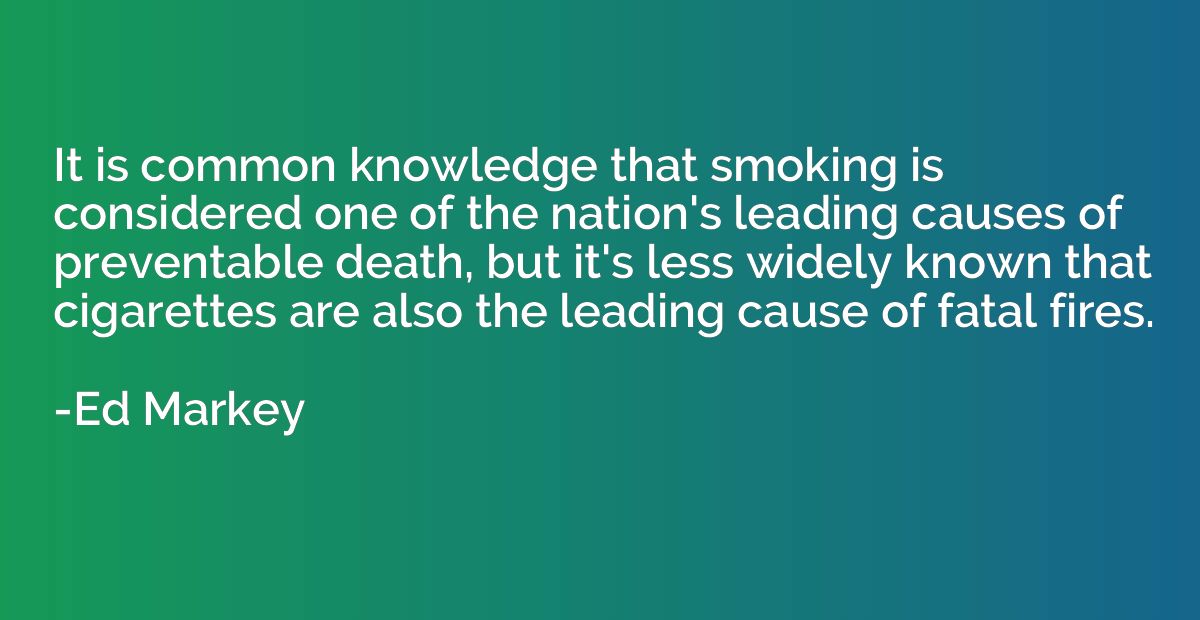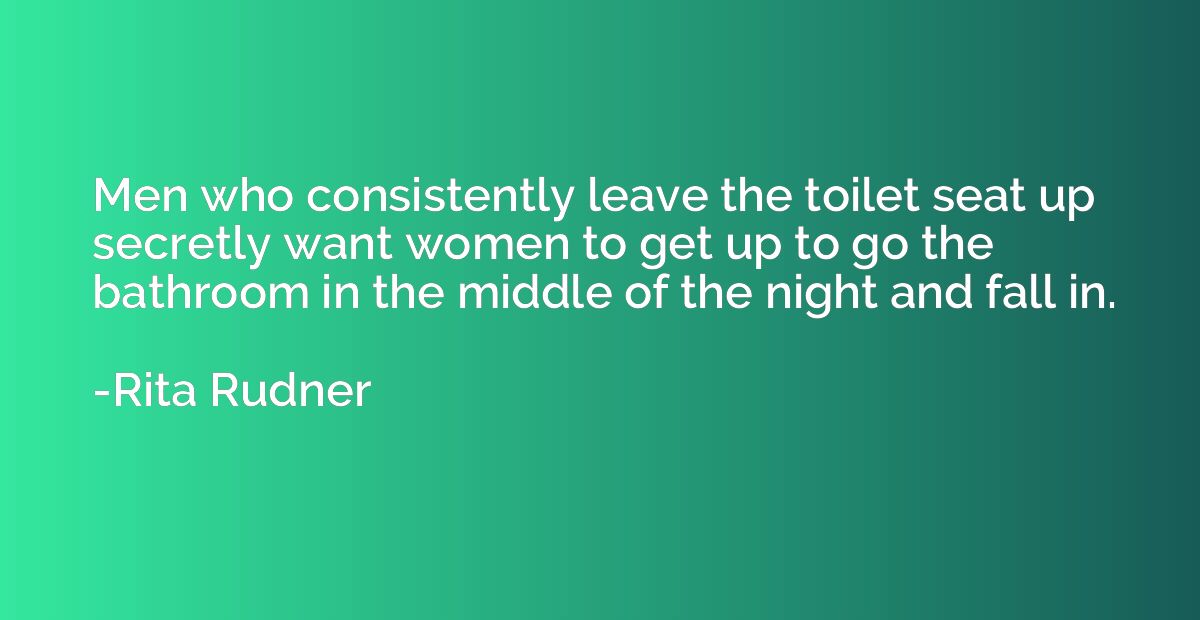Quote by Edmund Burke
Manners are of more importance than laws. Manners are what vex or soothe, corrupt or purify, exalt or debase, barbarize or refine us, by a constant, steady, uniform, insensible operation, like that of the air we breathe in.
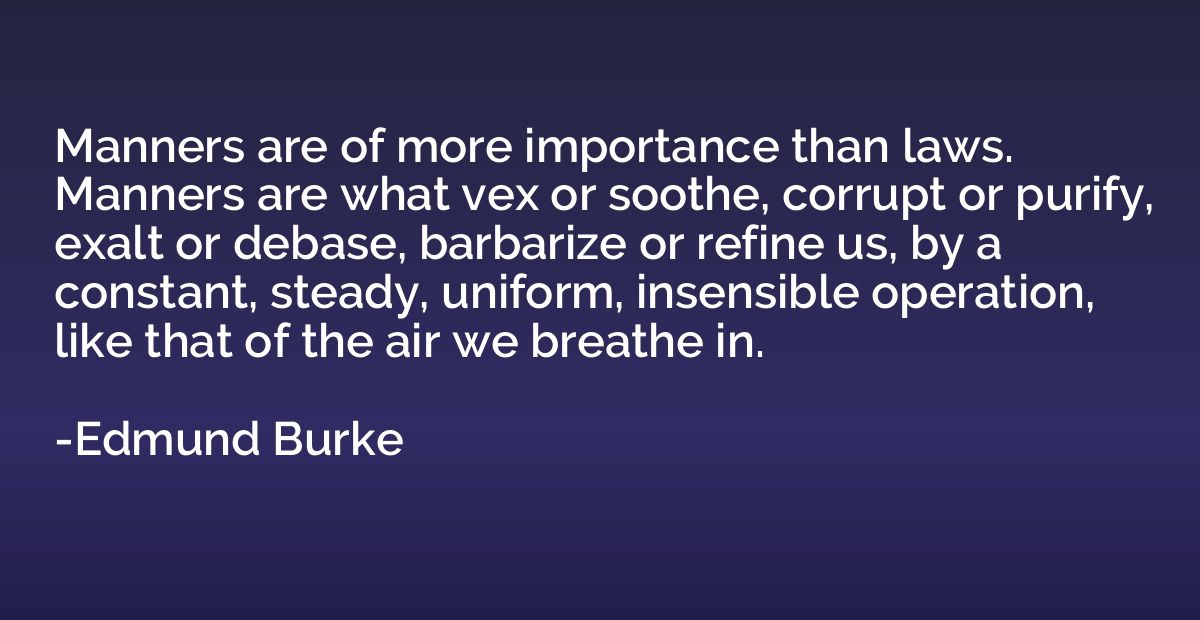
Summary
This quote emphasizes the significance of manners in society, suggesting that they hold greater importance than laws. Manners have the power to influence our behavior, emotions, and character in subtle yet impactful ways. They can either trouble or calm us, corrupt or purify our actions, elevate or degrade our values, and either make us more uncivilized or refined. The analogy comparing manners to the air we breathe implies that they have a constant, gradual, and almost unnoticed influence on our everyday interactions and personal development.
Topics
Manners
By Edmund Burke



